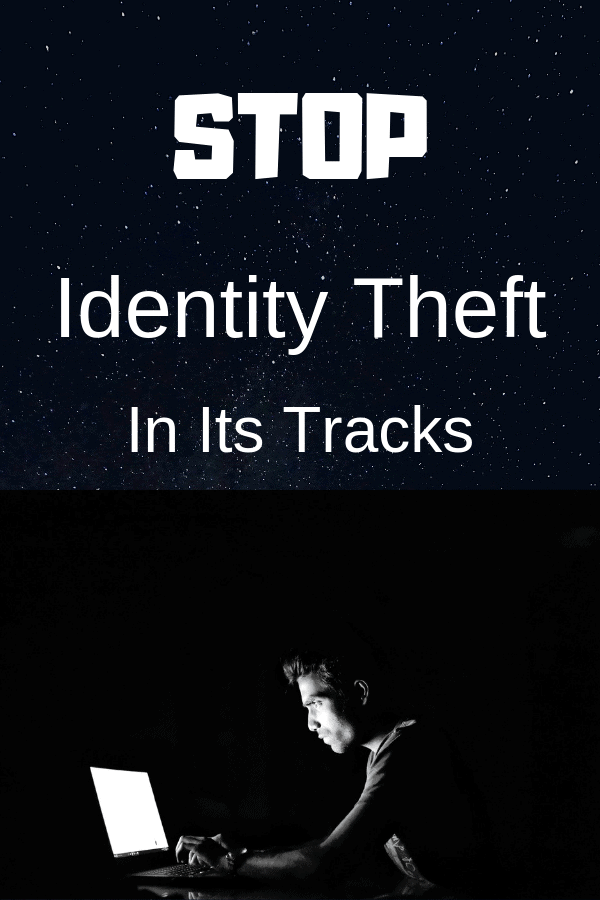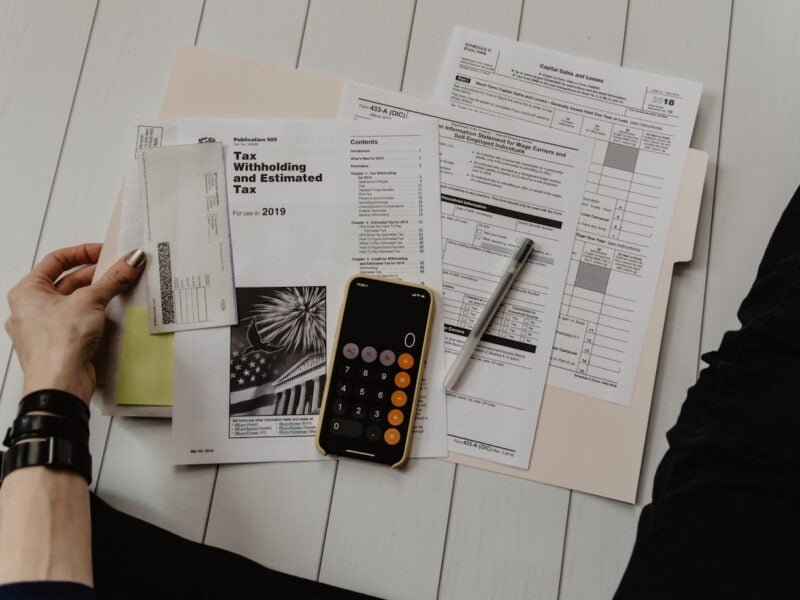Did you know that identity theft is one of the most common crimes right now? It affects hundreds of thousands of people each year. In fact, so many people have been victims of having their identity stolen that you might know someone who has been hit by it.
One of the terrible things
This all sounds completely scary, so there is no wonder why so many people are now doing all that they can to prevent this type of fraud. If you aren’t currently doing anything to protect your identity being stolen, here are a few steps you might want to take.
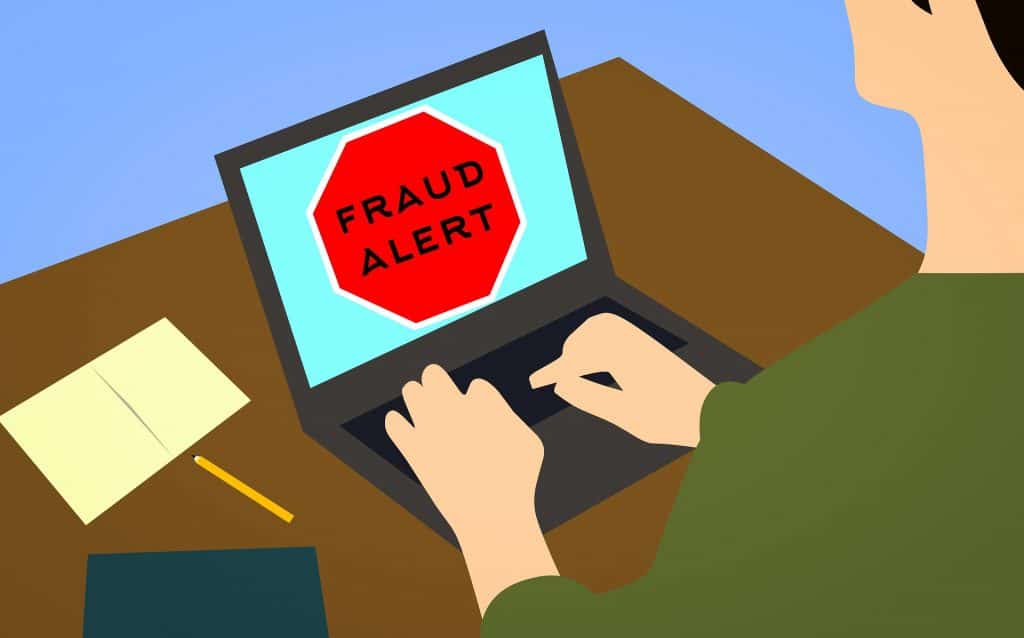
Always Create Complicated Passwords
Whenever you create an online account, you will be asked to create a password. This password needs to be incredibly complicated so that there is little chance of anyone guessing it and hacking into your account. Make sure that you use numbers, upper and lower-case letters, and a punctuation mark in the password. Ideally, it’s also best to jumble up all of these characters so that it isn’t a real word. That should make it impossible to guess. One other thing to bear in mind is that each of your online accounts should have a different password. That way, if one account were to get hacked and your password stolen, there is no way it could let the thief access any other account.
Use Secure Websites
Whenever you are shopping online, you should double check the website before you make a payment. One way to know whether a website is secure or not is to look in the corner of the URL navigation bar. You should be able to see a padlock symbol. As well as this, the URL should also start with “https”. If you don’t see either of these things, then the website is not very secure and you will be better off shopping elsewhere.
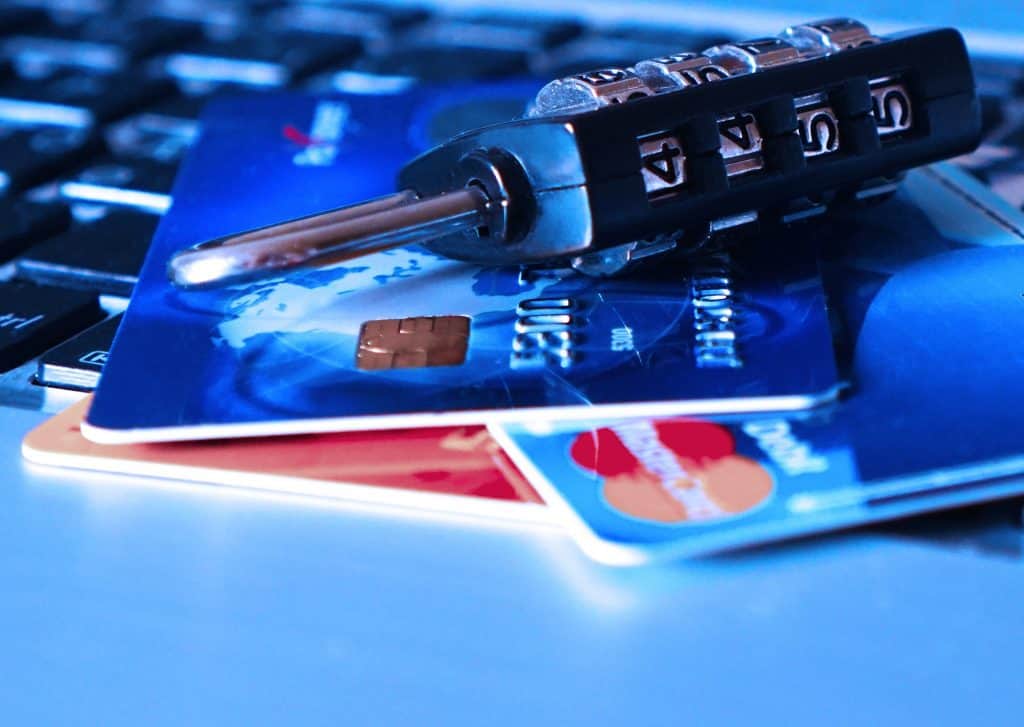
Shred All Unwanted Paper Documents
You never know who is going through your bins outside. There have been cases in the past where thieves have taken discarded letters that have contained sensitive and personal information in them. The thieves have then been able to use this information to access some of the victim’s accounts online and steal money from them. So, it’s always better to be safe than sorry and to use domestic paper shredding services to get rid of any paper letters and documents that contain sensitive information. Once the documents have been shredded, there is no way that anyone will be able to read them!
Don’t Share Personal Information Without Good Reason
You should also be very careful about who you share your personal information with. Don’t just tell someone things like your address, date of birth, and bank information just because they ask you for it. After all, you never know what they might want it for. You should also try to keep all your phone calls to the bank and other important organizations for when you are at home. You might be asked to disclose some private information during these calls, and it could be risky doing that when in a public place.
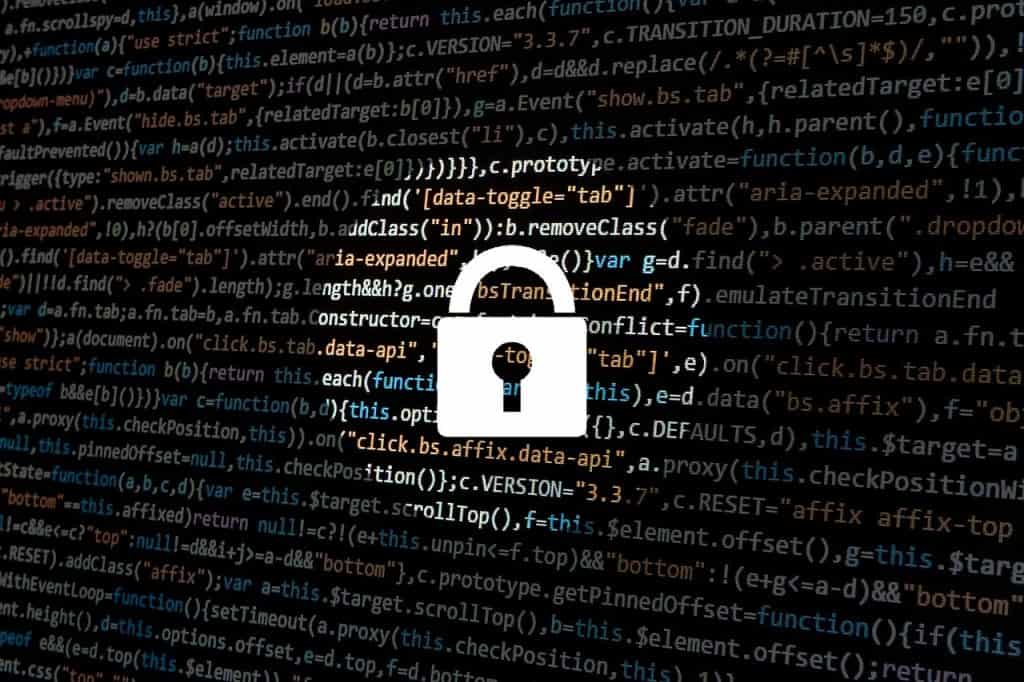
Hang Up On Cold Calls
If you ever receive a cold call, you should always hang up. There are now more and more scammers that ring their victims out of the blue. They use some very persuasive tactics to persuade people to transfer money to them by pretending to be their bank or another trusted institute. There are also lots of scammers who try to get people to give away login details and other important private information over the phone so that they can then access their bank accounts. So, if you aren’t sure why your bank is ringing you out of the blue, there’s a very good chance that it isn’t your bank on the other end of the phone. Hang up immediately.

Set Your Social Media Profiles To Private
It’s also a good idea to set all of your social media profiles to private. It can be all too easy to let some private information slip out when we are posting to social media. If the wrong person is looking at your profile, then they could use that information to steal your identity. Even if you don’t give away too many details online, there could still be enough out there for a criminal to build up a picture of your identity and then use that against you.
Make Your Home Internet Connection Secure
Lots of us think that we are safe and secure when we are using the internet in our own homes. Unfortunately, though, that isn’t always the case. If your home broadband is secured with a password, then you don’t have much to worry about – you can be safe in the knowledge that your home internet is secure. However, if you don’t need a password to connect to the internet, then anyone could be accessing it. Hackers will be able to take information from the connection and they will find it a lot easier to access your online accounts. So, be sure to put a password on it before it’s too late!
Put A Hold On Mail While You’re Away
If you are going away on vacation, you should ask a friend or family if they can collect it from your home every day. If no one is able to, your local post office will be able to put a hold on delivering it until you have returned. A burglar could steal your mail and then use any sensitive information in it for fraudulent purposes.
Let’s hope identity fraud never happens to you!
